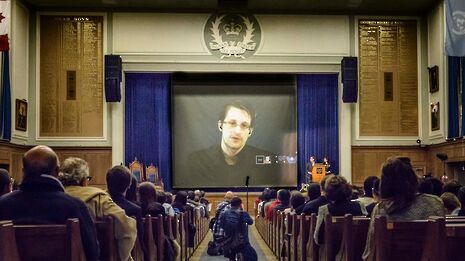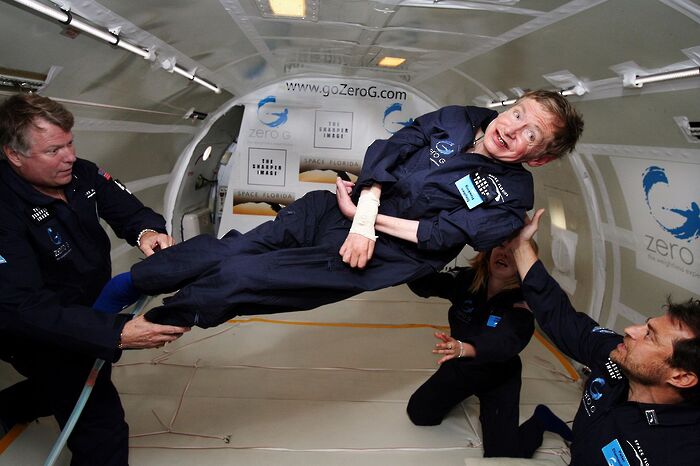How to avoid malevolent mathematics
Universities and academics must play a role in considering ethics in conjunction with the power of their research

Edward Snowden is no stranger to controversy. After several years of successful obscurity at the NSA, he rose to international attention in 2013 after releasing thousands of documents detailing the surveillance operations of the world’s governments. Some called his whistleblowing heroic; others saw him as a dangerous criminal. Immediately pursued by American authorities, he eventually sought asylum in Russia, where he currently lives.
The faculty teach us how to do things, but fail to teach us when and why to do them
At his recent talk, conducted via video link for the University’s Ethics in Mathematics Society, he described his own story with an air of inevitability. “I had a lot to lose and little to gain. Why did I do this? I burned my life to the ground for it. I didn’t do this on a whim. Nobody does. I didn’t do it for the thrill of it or for the sake of exhilaration. If not me, then who? I was elected by circumstance.”
This last point was the underlying theme of the talk. Compared to other disciplines, many mathematicians are not yet quite comfortable with the impact their subject has on the global stage. As the world develops, the people with real power are increasingly becoming scientists, mathematicians, and programmers; as such, it is essential that they are all aware of the ethical implications of their work, however ‘pure’ their research may seem. One never knows where the next development will arise; all scientists must be ready to take up the mantle should they suddenly find themselves at the frontline.
There is a tendency within mathematics – indeed, within all of the sciences – for practitioners to see their work as quite independent of the ‘real world’, to “believe that they are disconnected from the struggle,” in Snowden’s words. Perhaps it is an easier tendency in a city like Cambridge, with its historic elevation of academia above industry, but it is by no means a more excusable one. It is precisely these places, like Cambridge, that tend most towards academic disconnectedness, like large government organisations and universities, which must remain most tightly linked to the wider world that they influence.
Snowden repeatedly mentioned the importance of universities in combating the use of mathematics for malevolent ends. “The faculty teach us how to do things,” he noted, “but fail to teach us when and why to do them.” The time has come, he said, for things to change; departments must take a more active interest in the impacts of the mathematics and the mathematicians that they produce. Even in areas that seem utterly devoid of application, this awareness of impact is quite key. In his words, “being truly purist is inhumane”.
On leaving the lecture theatre, one observation in particular stayed in my mind: “People in this room will decide the future of society. We have more power than we think.” In any other circumstance, with almost any other speaker, I would have thought it a dull platitude. Yet, coming from Snowden, the words assumed at once both a new hope and a new menace. After all, here we were, the future, sitting in lecture theatres, supervisions, meetings, being taught information half-shorn of context. There is tremendous scope for good, and yet a terrifying potential for ill. If society is to truly progress, it is us who must understand the consequences of all that we learn.
 News / University Council rescinds University Centre membership20 February 2026
News / University Council rescinds University Centre membership20 February 2026 News / Hundreds of Cambridge academics demand vote on fate of vet course20 February 2026
News / Hundreds of Cambridge academics demand vote on fate of vet course20 February 2026 News / Cambridge academics sign open letter criticising research funding changes22 February 2026
News / Cambridge academics sign open letter criticising research funding changes22 February 2026 News / Union cancels event with Sri Lankan politician after Tamil societies express ‘profound outrage’20 February 2026
News / Union cancels event with Sri Lankan politician after Tamil societies express ‘profound outrage’20 February 2026 News / Judge Business School advisor resigns over Epstein and Andrew links18 February 2026
News / Judge Business School advisor resigns over Epstein and Andrew links18 February 2026









